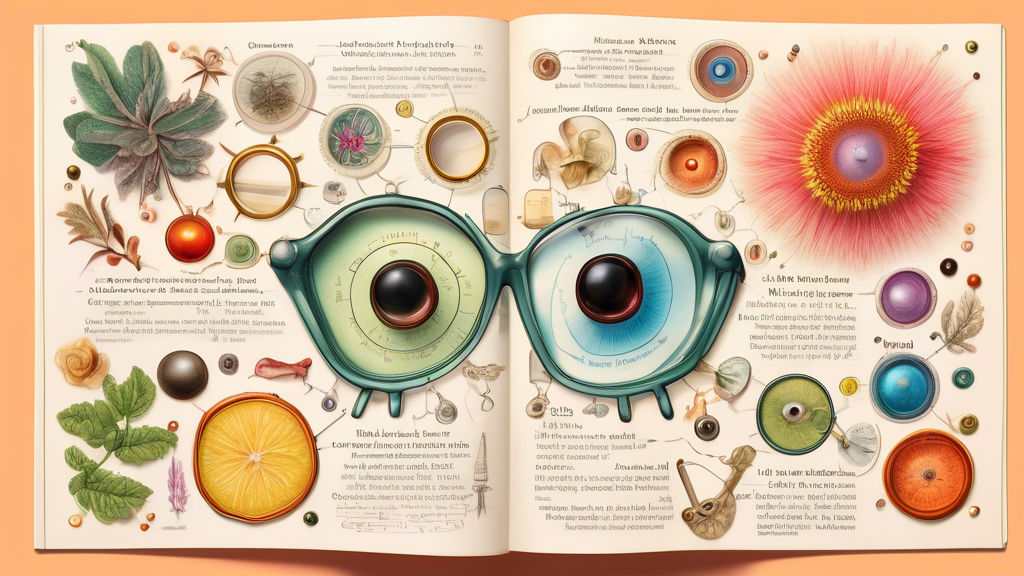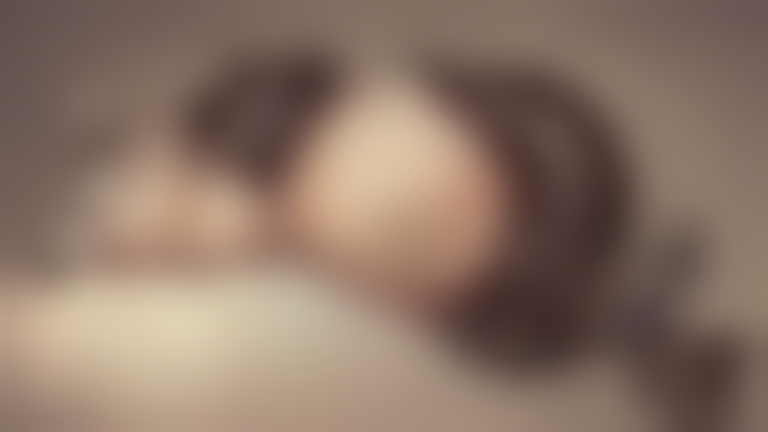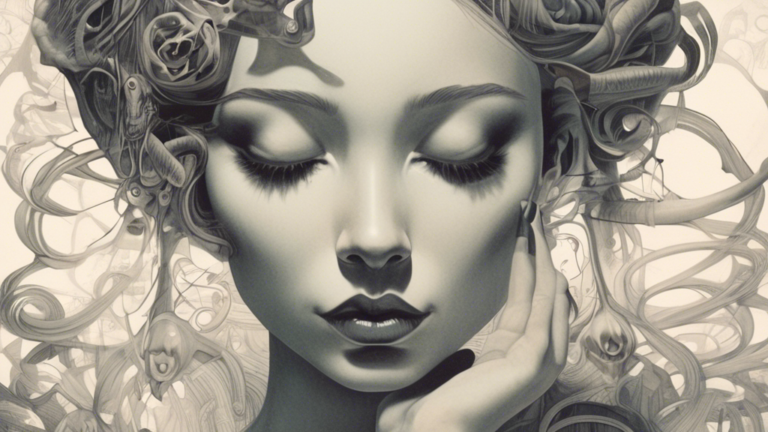40 Facts About Milia
Milia are small, white bumps that commonly appear on the skin, and while they are mostly harmless, they can cause cosmetic concern for some individuals. Here are 40 facts about Milia that cover their causes, types, prevention, and removal methods.
1. What Are Milia?
Milia are small cysts filled with keratin, a protein found in the skin, hair, and nails. They are benign and typically appear as white or yellowish bumps on the face.
2. Common Locations
While Milia can occur anywhere on the body, they are most commonly found around the eyes, on the eyelids, cheeks, nose, and forehead.
3. Primary vs. Secondary Milia
Milia are categorized into two types: primary and secondary. Primary Milia form spontaneously, often in newborns, while secondary Milia result from injury or damage to the skin.
4. Newborn Milia
Up to 50% of newborns exhibit Milia due to undeveloped skin pores. They usually clear up on their own within a few weeks of birth.
5. Not Acne
Although they may look similar, Milia are not acne. They arise from keratin trapped beneath the skin’s surface, not from blocked pores.
6. Causes of Milia
Primary Milia may occur randomly, without a known cause, while secondary Milia can result from skin trauma such as burns, blisters, or excessive sun exposure.
7. In Adults
Milia are most common in newborns but can also affect adults, particularly following skin damage or the use of certain steroid creams.
8. No Pain or Itch
Milia are usually asymptomatic, meaning they do not cause pain or itching.
9. Skin Care Products
Heavy cosmetic or skincare products can contribute to the development of Milia by trapping keratin beneath the skin’s surface.
10. Longevity
Milia can last for weeks or even months. They often eventually disappear on their own but can persist if not treated.
11. Laser Therapy
For persistent Milia, laser therapy can be an effective treatment. The laser helps to break down the cysts, allowing them to be absorbed into the skin.
12. Prevention
Maintaining a healthy skin care routine and using non-comedogenic products can help prevent Milia.
13. Do Not Pop
Unlike acne, Milia should not be squeezed or popped as this can lead to scarring or infection.
14. Extraction by Professionals
The safest way to remove Milia is by having them professionally extracted by a dermatologist or qualified skincare expert.
15. Sun Protection
Using sunscreen can help prevent secondary Milia caused by sun damage.
16. Association with Other Skin Conditions
Milia can be associated with other skin conditions, such as rosacea or blistering disorders, and their presence can sometimes help in diagnosing these conditions.
17. Diet and Milia
There is no direct link between diet and the development of Milia, but a healthy diet supports overall skin health.
18. Genetic Component
In some cases, Milia can run in families, suggesting a genetic component to their development.
19. Not Contagious
Milia are not contagious and cannot be spread from person to person.
20. Cosmetic Concealment
While waiting for treatment or natural resolution, Milia can be concealed using non-comedogenic makeup.
21-40. Additional Facts
Understanding Milia extends to recognizing their benign nature, knowing when to seek professional advice, and adopting a preventive skin care regimen. Continuous research and education on skin health reveal new insights into the management and treatment of Milia, emphasizing the importance of consulting with dermatological professionals for persistent or concerning cases. Innovations in skincare, including advanced topical treatments and gentle exfoliating products, offer hope for those seeking to minimize the appearance of Milia. Public awareness and understanding of Milia contribute to better skin health practices and reduce the unnecessary use of harsh treatments that can exacerbate the condition.
Ultimately, while Milia may be a source of frustration for those affected, the condition is largely treatable and often resolves with time. Awareness and education are key to managing Milia effectively and maintaining healthy, clear skin.




